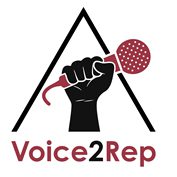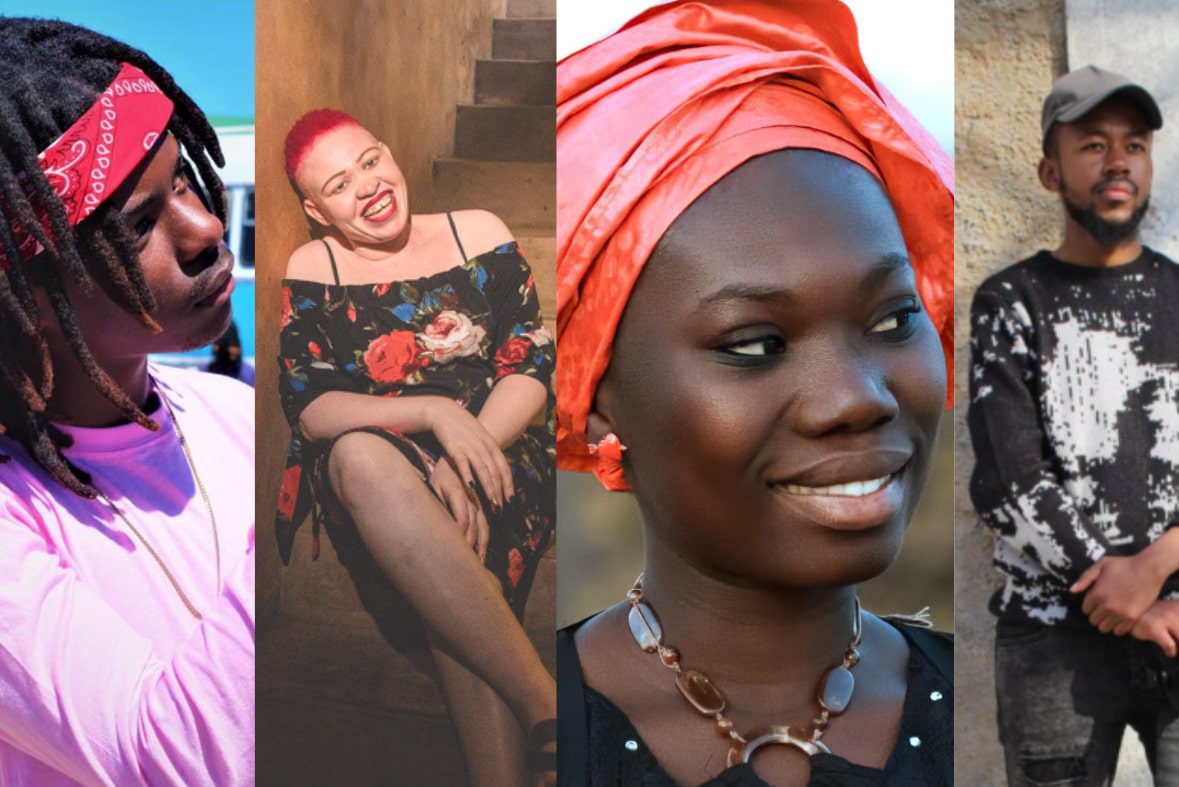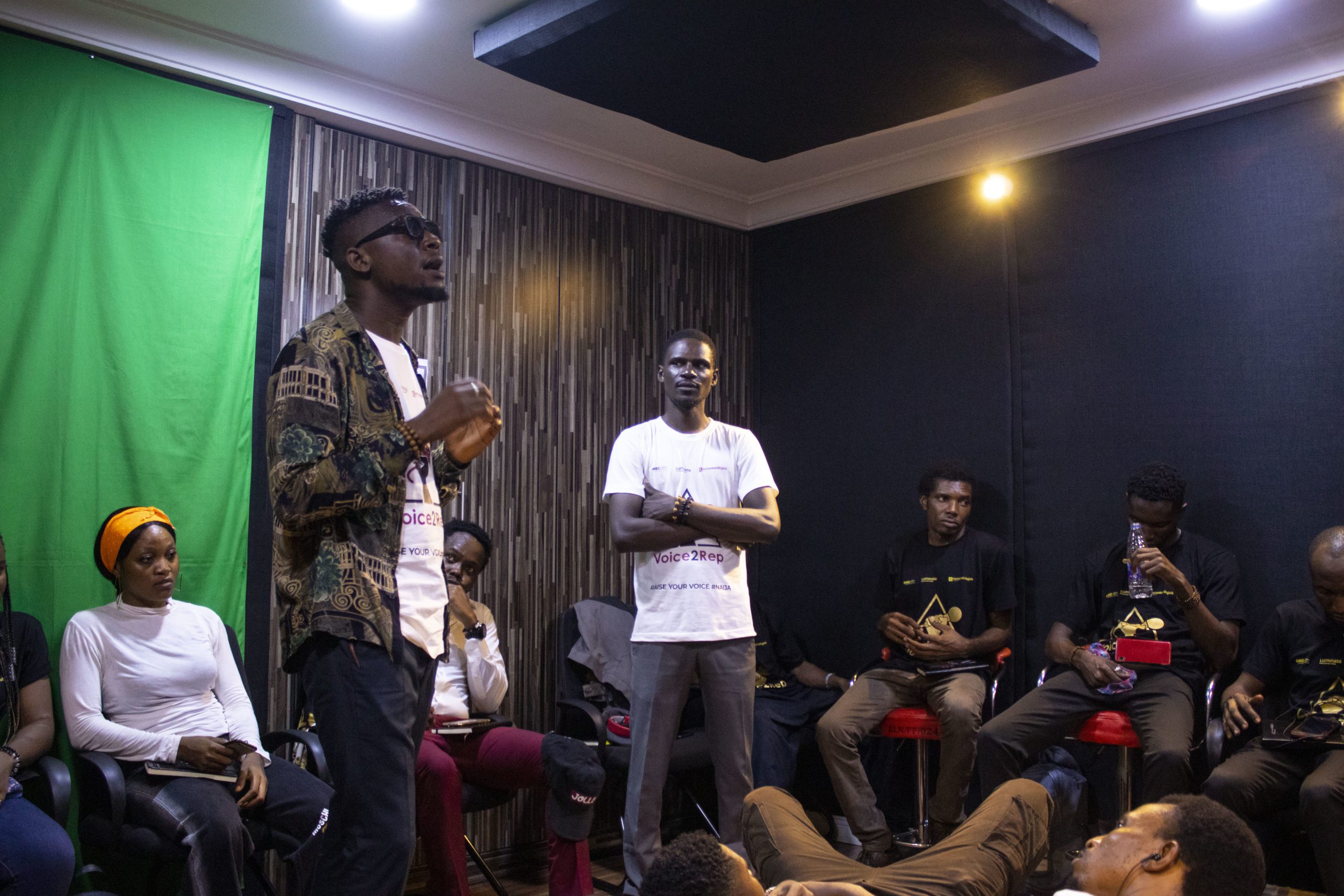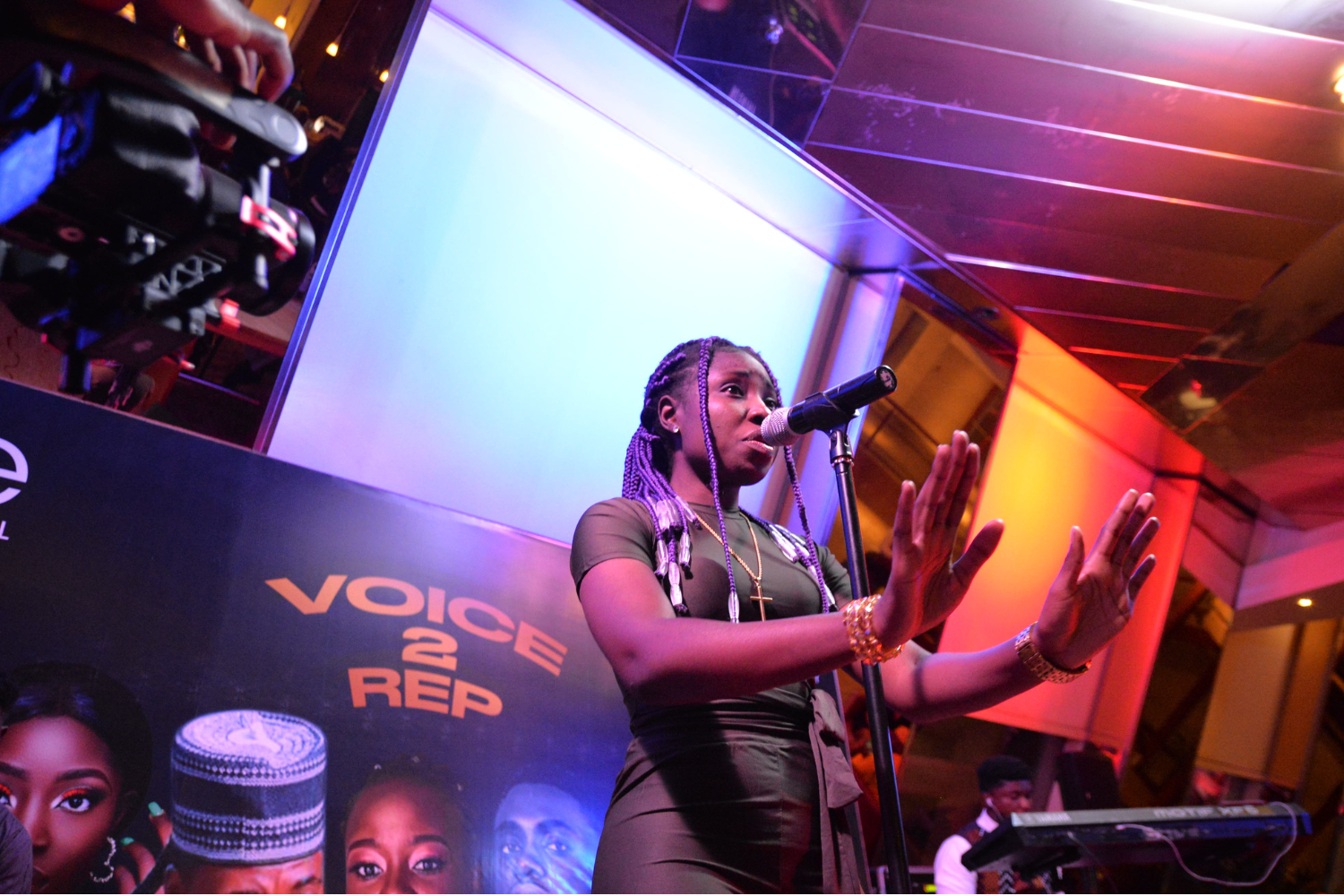

AS ELECTION NEARS, MANY YOUNG NIGERIANS SCEPTICAL OF CHANGE
They are Nigeria’s tomorrow, yet many feel they have little say in its future.
They are the under-25s who make up 60 percent of Africa’s most-populous country while an ageing elite dominates its politics.
The winner of the February 16 presidential election will almost certainly be one of two political veterans — the incumbent Muhammadu Buhari, 76, or Atiku Abubakar, 72.
Their advanced age has not escaped the millions of young people, called out to vote in Nigeria’s sixth election since civilian rule was restored almost two decades ago.
“It’s always the same lies, the same corruption. Nothing has changed for us,” said Femi Edu, a 19-year-old street vendor in the commercial capital, Lagos.
Nigeria is one of Africa’s largest economies, but jobs for young people are scarce. Edu sees little reason to support the country’s leaders — or even vote.
“All we want is jobs but they are not even able to provide it to us,” he said.
Young people between 18 and 35 make up more than half of the electorate with 43 million registered, making them a target for aspiring presidents, governors and lawmakers.
But many like Edu simply do not believe that either of Nigeria’s two main parties can address the endemic corruption that has hobbled the oil-rich country of 190 million people.
‘Politics are dirty’
Celeste Ojatula is a 24-year-old singer who participated in Voice2rep, a civil society initiative to encourage young Nigerians to vote.
She has few illusions about whether young people are being heard.
“Youth believe that politics is dirty. They feel like their votes do not count,” she said.
Along with a dozen other artists, she participated in three free concerts of rap and Afrobeat music open to anyone who presented their voter ID card.
“Most of them are more interested in leaving the country to study in Canada and find better lives,” said 30-year-old singer Chioma Ogbonna, who also performed at the shows.
“That’s the reason why the youths are registering,” she said.
“If people get their voter card, it’s to be able to get a visa, to open a bank account, not necessarily to vote.”
Disillusionment is shared even among educated young people living in cities, said political commentator Tabia Princewill.
“Those who vote are the poorest, who are really at the bottom of society. Their stomachs are empty, so in exchange for a sack of rice, they’ll give you their voice,” she said.
“It’s going to take one or two generations for things to truly change.”
‘No more excuses’
After years of intense lobbying by civil society, Nigerian lawmakers in May 2018 passed the “Not Too Young To Run” bill, which lowered the age limit for presidential candidates to 35 from 40 and for governorship candidates to 30 from 35.
Chike Ukaegbu wasted no time in launching his campaign for the presidency following the law’s passage.
“I had never thought of running for president before last year,” admitted the 35-year-old, whose age makes him the youngest of 73 presidential candidates.
“We can no longer use (age) as an excuse,” said Ukaegbu, who splits his time between Nigeria and New York.
“We are the majority and it is up to us to change the narrative of our nation.”
Few voters know his face, however, unlike those of Buhari and Abubakar, whose profiles adorn the campaign posters across Nigeria.
Based on his experience running technology startups, Ukaegbu believes this election will be decided by whichever candidate is strongest on social media.
It is there where the young people who could prove pivotal to the election will be reached — though millions live in rural areas where mobile phone reception is scarce.
‘Sell hope’
Aged 27, Prince Bukunyi Olateru-Olagbegi cannot run for office, but last year he created the Modern Democratic Party, which claims 65,000 members and two legislative candidates.
His campaign slogan is “sell hope.”
He is calling for massive investment in education and job creation as well as efforts to bridge religious and ethnic divides.
But winning a presidential election in Nigeria is almost impossible without political sponsorship, he admits — not to mention a lot of money.
Just for being selected to run for a seat at the House of Representatives, candidates from both the ruling All Progressive Congress and the main opposition Peoples Democratic Party can spend up to 150 million naira ($413,000, 362,000 euros) on their campaign, Olateru-Olagbegi said.
“We must start from somewhere,” he said.




